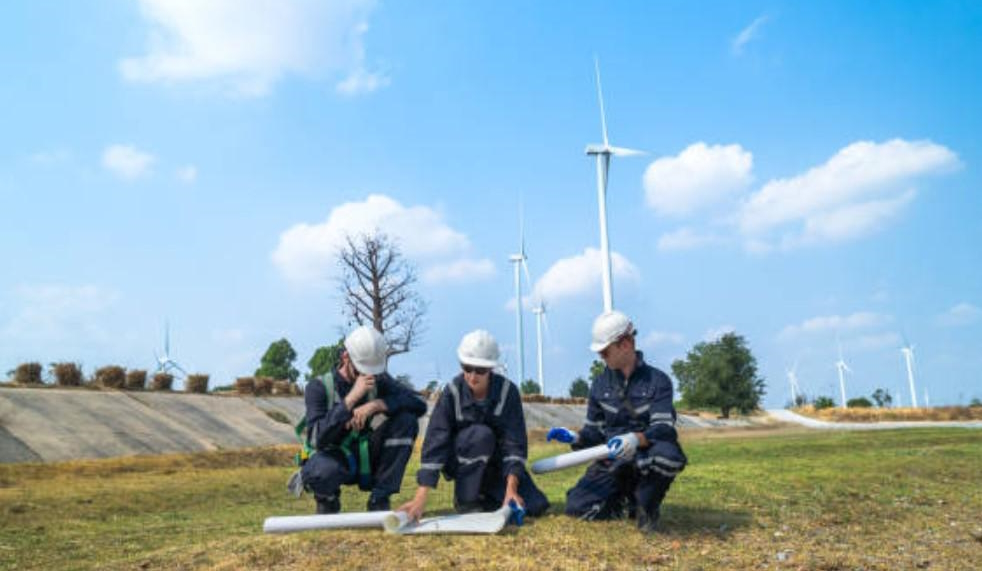Unearth the Importance of Soil Compaction: Insights for Cairns Residents

Soil health is mostly not considered important in the happening city of Cairns. This most amazing city with green coastlines of Tropical North Queensland and surrounded by rainforests. Considering the geography of this region, the topography is subjected. The soil particles are most times densely packed together and this is called soil compaction. This compaction drains energy from our soil and this way agricultural compatibility and environmental sustainability gets affected. Even if soil compaction is considered for urban development or agricultural point of view this matter gained attention. Masses do not need to overlook the effect of soil compaction, how the cairns region's implications and detailed strategies help. For the ecosystem's betterment and healthier soils, one needs to understand the affectivity completely.
Soil Compaction: Shared Impressions on Different Ranges
Going to start step by step and understanding the soil compaction and factors affecting these is crucial. Soil compaction is heavily caused by heavy machinery, for traffic and compressing of soil particles naturally. There are decreased pore spaces, and no air movement and lack of water and nutrients in soil profile. This causes compassion and that leads to consequences as in decreased soil fertilities, less root growth, overspill and erosion. Collectively this disturbs soil biodiversity and structure. Why are RIC compaction cairns needed? Now in Cairns, urban development is in process and common construction activities are happening. Road infrastructure and urbanization require heavy machinery and equipment. The vehicular traffic can capture the soil and especially in development. In such sectors, heavy footing and vehicle trafficking harden the spill. This causes less rainfall, surface runoff and erosion. Imagine if the permeation is reduced this will cause urban flooding and water quality issues in development.
Although cairns have a thriving agriculture sector, this soil compaction is collectively giving the farmers a tough time. This can lessen the growth of agriculture and yield no fruit. When soil is capped this causes poor inflation and drainage. Now imagine water logging and nutrient leaching. These conditions will not let plants grow and this way the sustainability of agriculture and livelihood of the farmers will be harmed. In the end, earlier you ask why RIC compaction cairns are desired, do not overlook the environmental reflections.
Natural ecosystems and biodiversity are wedged. In rain forests and wetland areas, soil composition has pointed to the native vegetation and customary sustainability of wildlife. In heavy rainfall, cyclones or other harsh conditions the can cause more erosion and the natural eco system equation will be disturbed.
Soil Compaction: Preeminent Improvement Approaches
To combat the challenges of soil compaction, the RIC compaction Cairns is addressing the challenge. As discussed above, how soil compaction is impacting urbanization. Agriculture and the environment. For pragmatic management, technological inventions and community engagement happens. In urban settings through green infrastructure solutions, as in permeable roads and pavements, rain or chairs help. This method of soil compaction is lessened and this promotes filtration and no runoff with the best soil structure and biodiversity. In agriculture, the tillage practices as in minimum tillage and no-till farming help. This way impedes oil health, no soil disruption and reduced disturbance happens. Introduction of cover crops, rotation of crops and organic alterations can increase the soil structure and organic matter. With these practices, microbial activity in soil is promised, and overall healthier forests and soil can guarantee sustainable solutions for agriculture.
For the ecosystem, the protection and working of native vegetation restoration is healthier. Habitat corridors can save soil structure and stop more compaction of sensitive areas. Educate the community and tell them the importance of soil health and its impacts. Spreading awareness and stewardship of natural resources will empower the residents in this way to act to protect the soil. Overall the present and the future of ecosystem is improved.














